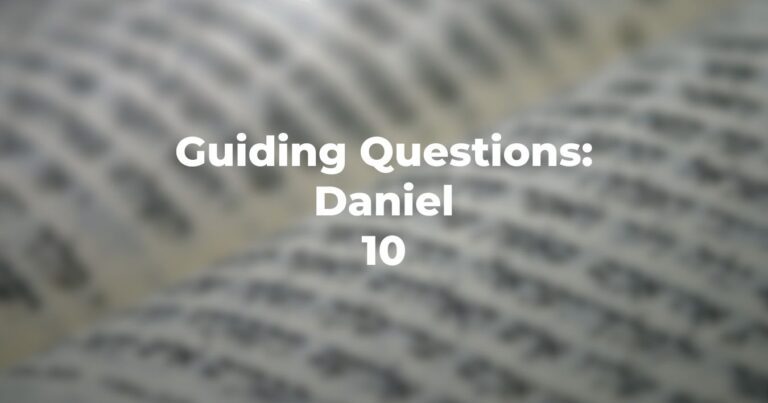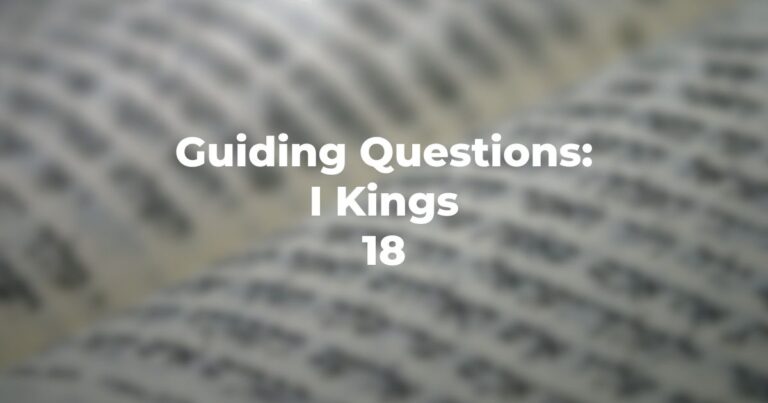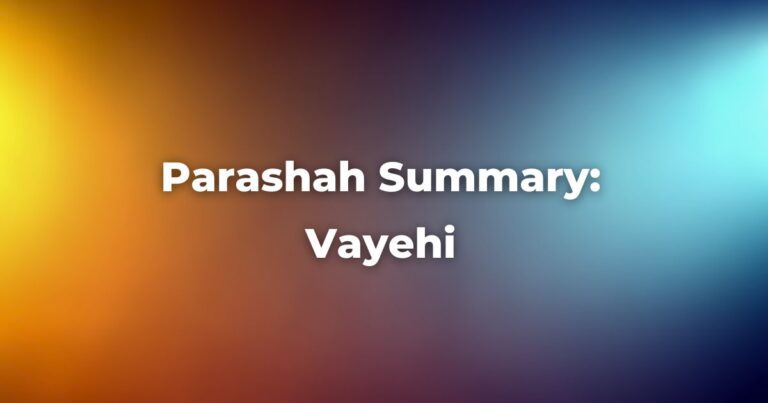- Job 1 and Job 2 serve as an introduction in prose to the saga of Job. Why is most of the book arranged in poetic form, starting with Job 3?
- In cursing the day of his birth, is Job indirectly cursing God (Job 3:3)?
- How does Job’s lament over the day of his birth compare with Jeremiah’s? Cf. Jeremiah 20:14-15?
- What is Leviathan (Job 3:8) and how does it fit into Job’s lament?
- Is Job’s anger directed at his mother? At God?
- In Job 3:9, the phrase translated “glimmerings of the dawn” is afapey shahar, literally, “the eyelids of dawn.” Do both renderings mean the same thing?
- What is the force of Job’s reference to king’s counselors, and nobles (Job 3:14-15)?
- What is the connection between the references to the wicked, prisoners, and slaves (Job 3:17-19) and the foregoing verses?
- What age-old theological problem does Job allude to in Job 3:20-23?
- Explain the metaphorical references of bread and water in Job 3:24.
- If Job was happy and prosperous, why did he dread what has befallen him (Job 3:25)?
- Another version translates Job 3:26 in the present tense, while JPS renders the verbs in the past tense. Which version is more accurate?
Author
-

Exploring Judaism is the digital home for Conservative/Masorti Judaism, embracing the beauty and complexity of Judaism, and our personal search for meaning, learning, and connecting. Our goal is to create content based on three core framing: Meaning-Making (Why?), Practical Living (How?), and Explainers (What?).
View all posts





